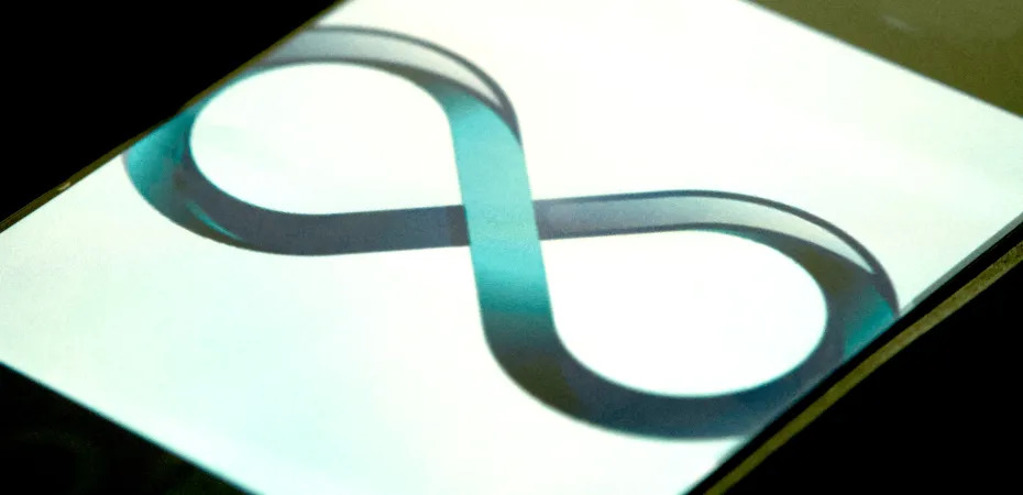Elon Musk’s Hyperloop is a spectacle that offers a quarter-baked option for mass transit alternatives.
Footage has surfaced on social media of the Las Vegas-based Loop, a pet project of multi-billionaire Elon Musk through one of his four companies, The Boring Company (TBC). The Loop is a kind of small-scale experiment for Hyperloop, the latter would allow city-to-city travel, while the former as it stands in Las Vegas covers roughly three kilometers. TBC already has plans to build a Hyperloop system in Chicago and even is willing to export their tunnel-boring services for water infrastructure—but certainly not to lay down rails for, say, a subway.
The footage has been seen as revealing in more than one way and has therefore rightfully baffled critics online.
For starters, The Loop was marketed and therefore anticipated as being largely autonomous, with the Teslas functioning as driverless pods. As the footage above shows, the Teslas functioning in The Loop have operators inside them as well as the terminals having service-workers to hail drivers and escort riders. One of the thing’s that was on everyone’s mind was that this looks extremely labour intensive for not much of a return when it comes to transport efficiency.
Contrast this to, say, Singapore’s Mass Rapid Transit (MRT) system, the most extensive autonomous transit system in the world which was built in 1987 and saw a 3.4 million average daily ridership in 2019, and the layers of “genius” behind The Loop start to peel off.
To be cynical, Hyperloop is an advertising campaign for Tesla; it is a way of directing attention to Musk’s electric car company. If the automobile can be shoehorned into the logic of the already existing subway system, it means it can continue to masquerade as the penultimate form of transit. In reality, the automobile has been a disaster for the environment and city planning and our lives will be better if in the next century we move towards large, nationalized communal transit systems like the train, which was once considered the height of modernity.
To top off the circus, the lighting in the tunnel cycles through the colours of the rainbow which are projected onto the tunnel’s walls inducing a kind of cheap-yet-expensive hypnosis in the vein of usual Las Vegas visual drudgery.
There is also the question of maintenance. Considering The Loop’s tunnel space only allows for one vehicle at a time, essentially a bottleneck, if just one Tesla has issues, it could hold up the whole tunnel until it’s repaired.
The Loop is symptomatic of the era of neo-feudalism we are entering where, on the economic, “intangible” side of things, the mystification of our real servitude to transnational corporations and data companies happens through free, opt-in models online where it’s our attention that is the product. In material reality, one way neo-feudalism enacts itself is through the quasi-novel.
Billionaire figures like Musk can present an idea like Hyperloop as revolutionary and use their enormous capital to actually get shovels in the ground when alternatives that are far superior exist and have existed for over two centuries.
Notably, the novelty of Hyperloop doesn’t lie in it being technology that is more efficient, accessible or different than systems we already have. Its novelty is purely in the gerrymandering of automobility with the subway for entranced investors and a middle class yearning for the automobile to remain wholly wed to the American Dream.


